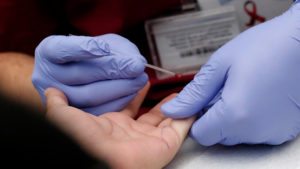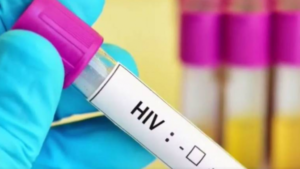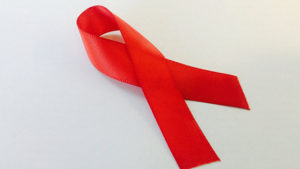Overview
There are currently no HIV-specific criminal laws in Chile. There are certain general provisions in the Penal Code which have the potential to criminalise people living with HIV, though their exact applicability is not clear.
Article 316 of the Penal Code makes it an offence to disseminate ‘pathogenic germs’ with the intention of causing an illness. This offence is punishable by imprisonment and a fine, however Article 317 provides for sentence enhancements for this offence in cases where death or serious illness is caused, including through recklessness and negligence. It is not clear whether this offence could apply to HIV ‘exposure’ or transmission as illness is not defined.
Articles 318 and 318bis criminalise failures to follow guidance issued by a health authority in times of epidemic, pandemic or contagion, with a penalty of imprisonment and a fine. Again, it is not clear whether these provisions could apply to people living with HIV who fail to follow guidance issued to avoid HIV transmission.
Furthermore, Articles 397 and 398 contain offences relating to causing serious harm. While they do not specifically mention HIV or other diseases, in 2018 it was reported that a Deputy of the Chilean Parliament had proposed an amendment to the Penal Code to introduce a new Article 398bis that would specifically criminalise the transmission of HIV, with a penalty of imprisonment. The proposed law would set a relatively high threshold for conviction; it would require the offender to know they have HIV, intend to transmit it, engage in behaviour which poses a risk of transmission, and actually transmit it. It does not appear that the law was adopted.
To date, there have been no reports of prosecutions for HIV transmission under the Penal Code. In 2019 there was a civil case brought against a doctor who was accused of intentionally transmitting HIV to his partner. In the case, the plaintiff had found messages on his partner’s phone in which he boasted of intentionally transmitting HIV to others. The plaintiff, who did not know his partner was living with HIV, subsequently discovered he was HIV-positive. He brought a case for damages before the Second Civil Court of Viña del Mar in February 2019. The resolution of this case is not known, however, it does not appear to have involved criminal charges.
Laws
Penal Code
Article 316
Any person who disseminates pathogenic germs with the intention of causing illness shall be sentenced to the minimum term of imprisonment and a fine of between twenty-one and thirty monthly tax units.
Article 317
If, as a result of any of the offences indicated in the four preceding Articles, the death or serious illness of any person is caused, the corporal penalties shall be increased by one or two degrees, according to the nature and number of such consequences, and the fine may be increased to double the maximum indicated in each case.
If any such punishable acts are committed through recklessness or mere negligence in violation of the respective regulations, the penalties shall be a minimum term of imprisonment or a fine of six to twenty monthly tax units.
Article 318
Whoever endangers public health by infringing the rules of hygiene or sanitation, duly published by the authority, in times of catastrophe, epidemic or contagion, shall be punished with a minimum to medium term of imprisonment or a fine of six to two hundred monthly tax units.
(…)
Article 318bis
Whoever, in times of pandemic, epidemic or contagion, knowingly generates a risk of propagation of pathological agents in violation of an order from the health authority, shall be sanctioned with the penalty of minor imprisonment in its medium to maximum degree, and a fine of twenty-five to two hundred and fifty monthly tax units.
HIV Justice Network's Positive Destinations
Visit the Chile page on Positive Destinations for information on regulations that restrict entry, stay, and residency based on HIV-positive status, as well as access to HIV treatment for non-nationals.


